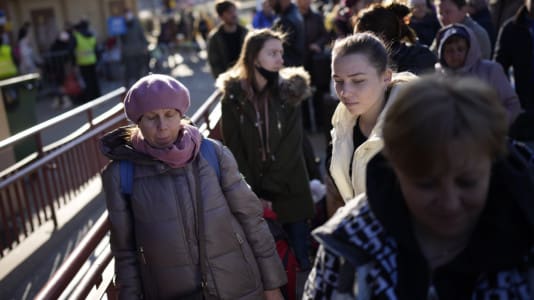German police have launched a nationwide crackdown on what they say is “hate mail” and “insults” targeting politicians, German Criminal Police Office (BKA) President Holger Münch announced in a tweet.
The action was directed against more than 100 suspects in 13 federal states, as BKA in Wiesbaden and the Frankfurt Public Prosecutor’s Office jointly announced.
All of those who have been targeted with raids published their comments in connection with the federal elections last September and concern politicians of all parties. The BKA said the investigators had analyzed more than 600 statements and checked them for criminal content, according to a report from Taggespiegel.
As in other nations, politicians in Germany face legitimate threats from online users, however, German law enforcement has also often targeted people for merely insulting a politician. For example, left-wing Berlin Mayor Michael Müller became angered after someone posted a satirical photo of him on Twitter. Müller then arranged for Berlin prosecutors to ascertain the man’s identity and issue a warrant for a house raid in a case that received widespread media attention and criticism from opposition parties.
[pp id=6048]
The definition of “criminal hate speech” has been widely expanded to include a range of “insults” which would normally fall under the category of free speech in many Western countries, including the United States. There is concern that the police may be weaponizing the law to target those exercising legitimate political speech or simply making fun of a politician. It is unclear why certain individuals are being targeted with house raids and arrest, and whether their mail or online comments were serious threats or merely insults.
The house raids are heavily supported by a range of German institutions, including 100 General Administrative Offices, and the Frankfurt General Administration offices. However, these are not the first raids of this type, with the most recent raid marking the eighth time German police have partaken in such raids. The previous one was last December.
The mass raids illustrate the fact that politicians are “insulted, slandered and threatened” on the internet, claimed Hesse’s Attorney General Torsten Kunze.
“In order to prevent the withdrawal of those affected from reaching a level that endangers democracy, we are prosecuting these crimes consistently and in close cooperation with the public prosecutors of the other federal states,” he said.
[pp id=25978]
BKA President Holger Münch also affirmed: “Freedom of expression reaches its limits as soon as it comes to defamation, insults and threats.” Anyone who posts ‘hate messages’ must expect that the police will then be at the door.”
Germany has become increasingly authoritarian around the issue of free speech, and the latest left-wing government has sought to enact an entire ban on the popular messaging app Telegram, which is one of the few popular platforms still dedicated to free speech. It is also frequented by supporters of Germany’s opposition party Alternative for Germany (AfD) and others opposed to coronavirus mandates, which has angered Germany’s ruling establishment. In a sign of a tightening crackdown, the AfD was recently cleared to be labeled a “suspected threat to democracy,” which opens up the possibility to actively surveil all party members and politicians regardless of whether they have committed any wrongdoing.
The German government is also launching an entirely new agency to monitor “hate speech” and make arrests, with 150,000 “hateful comments” on social media expected to be criminalized every year. The left-wing politician running the country’s interior minister, Nancy Faeser, has launched a 10-point plan to combat right-wing extremism, with many of the objectives appeared to be aimed at the country’s opposition AfD party.






